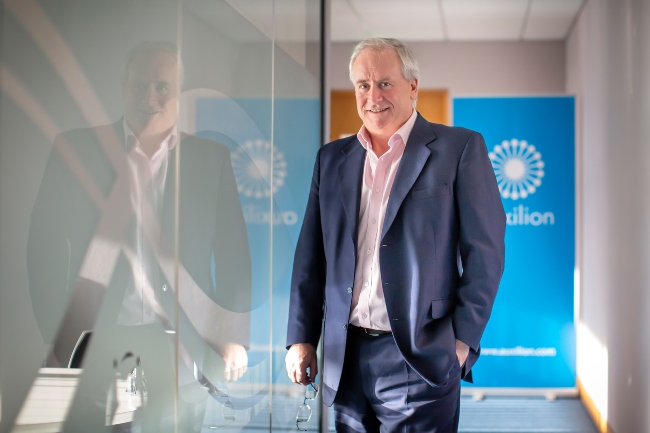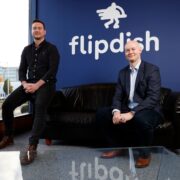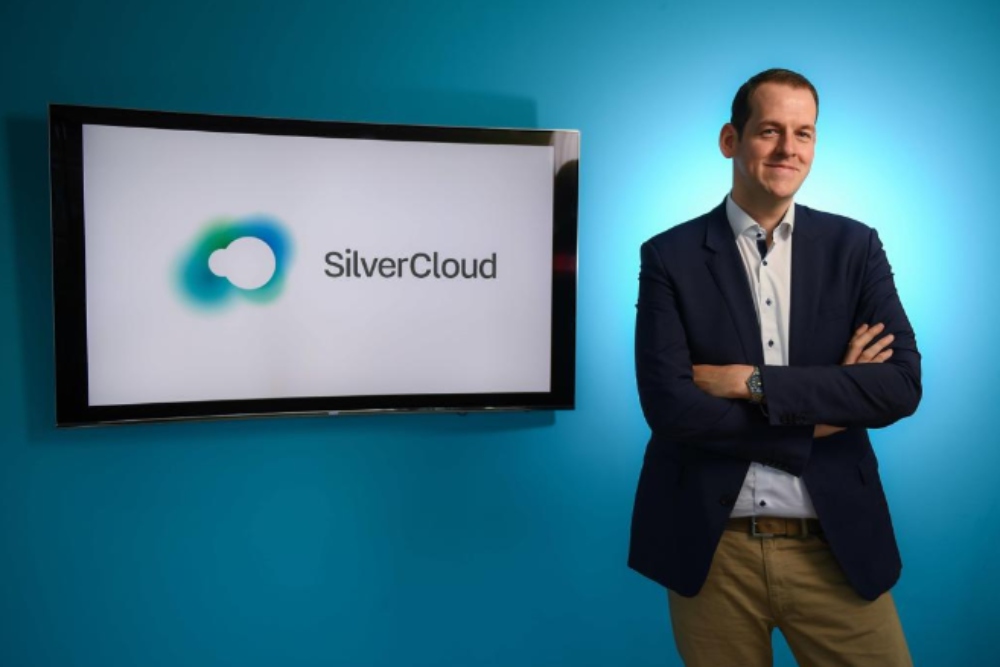New Microsoft research reveals that poor company culture and a negative impact on mental health were the top reasons Irish workers left their roles in 2021
Businesses will need to prioritise wellbeing to drive motivation and ensure a greater sense of belonging among employees, according to Microsoft Ireland’s latest Work Trends Index.
With insights from 600 workers across Ireland, the research reveals that one-third of hybrid workers (31%) struggle to disconnect and one quarter feel demotivated or uninspired (26%).
“The next 12 months is a pivotal time for many leaders as we try to determine how to transform our workplaces and best meet the needs of our employees after such a dramatic change in ways of working”
Irish workers now place the most value on positive work culture (59%), flexible working hours (50%) and benefits that promote positive health & well-being (43%).
Gap between leadership and the troops
However, poor company culture and a negative impact on mental health are the top reasons workers left their roles in 2021.
Almost a quarter (23%) say they are feeling removed from the company culture and senior leadership.
Additionally, speaking about the challenges of hybrid working, 44% of workers agreed it was harder to build trust with colleagues in a remote or hybrid environment and more than a third agreed that their team culture had deteriorated (37%), that they felt lonelier (36%), or that being innovative or creating new ideas was more challenging than prior to the pandemic (37%).
Contrastingly, a third of workers felt more included in meetings via online platforms, as they felt they had more ways of being heard.
The research was carried out among more than 600 workers across Ireland and alongside Microsoft’s global 2022 Work Trend Index study of 31,000 technology and healthcare workers in 31 countries.
This disconnect with the hybrid model is also represented globally with almost 40% of hybrid workers saying their biggest challenge is knowing when and why to come into the office. Only 28% of leaders who participated have created policies, procedures and plans for this new work arrangement.
In Ireland, 14% of workers had changed jobs within the last year compared to a global average of 18%, with more than 40% citing culture and negative impacts on their mental health as the top reasons for leaving their roles. New remote opportunities (28%) or a lack of flexible working opportunities (27%) were also among the top reasons why Irish employees sought new employment in 2021.
The Great Reshuffle
Looking ahead, the study revealed a growing emphasis on well-being, with more than 60% of Irish workers now more likely to prioritise their personal and family life (64%) as well as their health and well-being over work (63%). Such expectations among Irish workers align closely with trends globally (53%).
Almost 40% of workers in Ireland are thinking of changing jobs in 2022, of which 22% are considering a new role within the same industry and 16% are interested in moving to a different industry. Globally, 50% of Gen Z and millennials were likely to consider a new job in the next year, making it clear the Great Reshuffle is far from over.
In relation to workplace transformation, technology and digital solutions were seen as important in supporting employees to learn new skills (50%), better manage their time (37%), make remote or hybrid collaboration easier (30%), and feel more included in the workplace (25%).
Artificial intelligence (AI) that makes work more efficient (29%), high-tech hybrid meeting rooms (31%), and the use of an employee experience platform for a more engaged and connected workplace culture (32%) were among the digital solutions employees felt would support them in their role over the coming year.
“The next 12 months is a pivotal time for many leaders as we try to determine how to transform our workplaces and best meet the needs of our employees after such a dramatic change in ways of working,” said Anne Sheehan, general manager of Microsoft Ireland.
“It is clear from our findings that the shift to a hybrid workplace begins with culture – one that embraces a growth mindset and a willingness to re-imagine nearly every aspect of the way work gets done. Every employee will need to develop new skills to adapt to this new way of working, and with the right support and tools, hybrid work can unlock the potential for a workplace that works for everyone.
“At Microsoft, we believe the transition will benefit from technologies designed for this hybrid world, ones that bridge the digital and physical and ensure every employee can engage and contribute, regardless of where, when or how they’re working.”
According to the global findings released by Microsoft, managers feel wedged between leadership and employee expectations. For instance, despite the undeniable desire for flexibility by respondents, 50% of leaders say they have plans for a full in-person return to the office this year. As a result, 54% of managers feel leadership is out of touch with employee expectations and 74% percent don’t feel they have the influence or resources they need to implement change for their team. As such, there is a clear need to bridge the divide between leadership and employee expectations.
Within the global study, speaking as to the experience of hybrid working, almost 50% of remote workers do not feel included in meetings, but only 27% of leaders say their company has developed hybrid meeting etiquette to ensure everyone is included and engaged. This insight highlights the importance of digital culture and when and how the office should be used.
Additionally, the global results show that while a majority of hybrid workers have been able to maintain their team bonds (58%), only half of remote workers say they have a thriving relationship with their direct team and even fewer (42%) have a strong relationship with those outside their team.
“We now have an opportunity to redesign the way that we work to encourage collaboration, inclusion and a personal experience that can foster a culture of digital inclusion and empowerment within the hybrid model whether working from home or in the office,” continued Sheehan.
“There are a myriad of ways in which technology can support this. At an organisational level, through applications such as Microsoft Viva, aggregated data can provide business and HR leaders with an elevated understanding of how employees are navigating the hybrid world, and as such, how to craft an effective strategy that empowers managers, creates boundaries around flexible working hours and creates equity between the digital and physical experience.”




